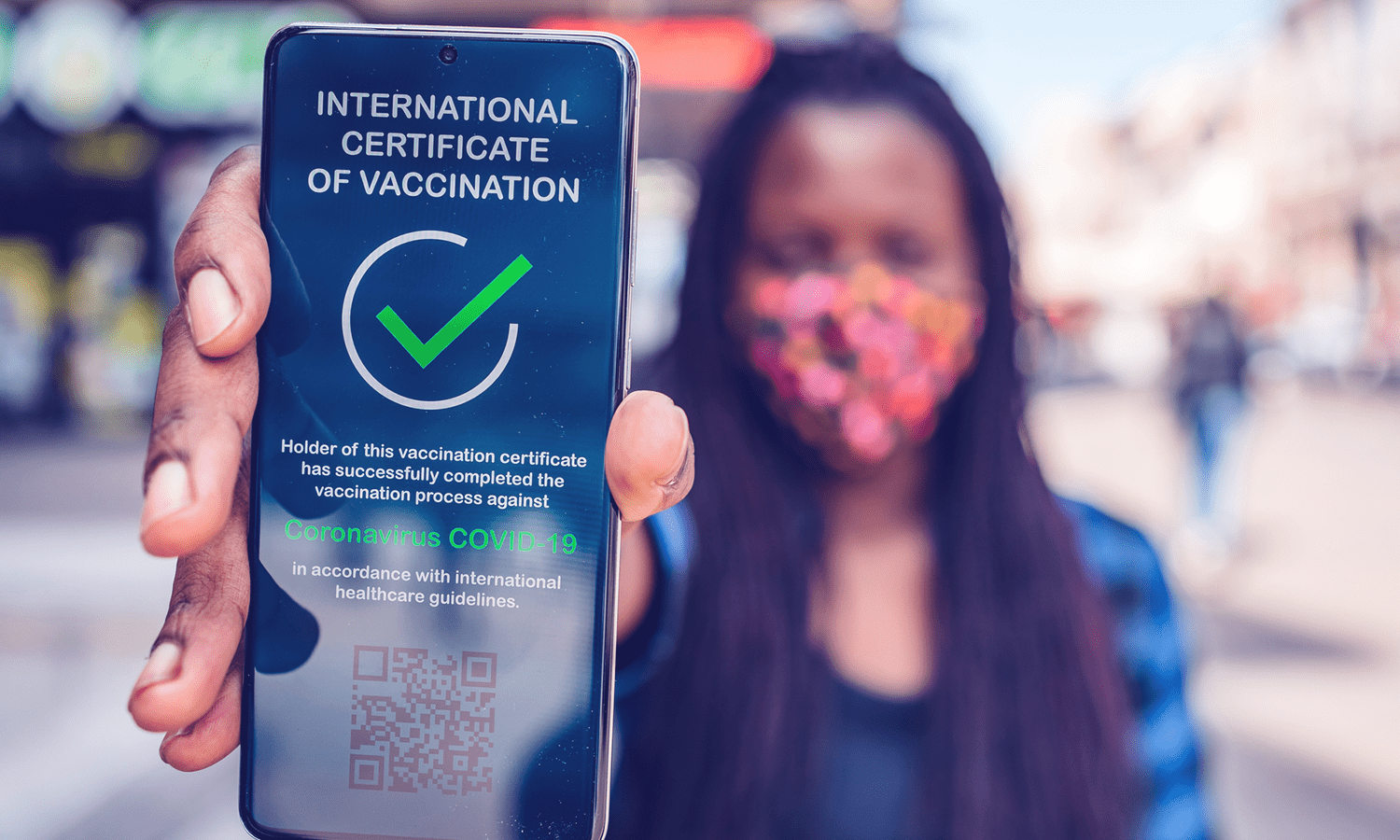An XP pro’s guide to vaccine passports

Unfortunate as it is, the pandemic timeline seems to have shifted once again as we move from the hallelujah moment of a few weeks back, when vaccination rates were rising and mask mandates were lifting, to more of an it's baaack moment now, as cases of scary new COVID-19 variants rise across the country and the world. Those in the private sector have, for the most part, been left without clear guidance for creating policies around the safe return of workers and consumers in this murky new normal. Those of us dedicated to bringing people together for meaningful experiences — whether it be at a concert venue or in the mountains of Sun Valley or in an immersive retail store — are feeling, let’s face it, particularly in the dark. No locality or venue wants to be called out as the site of a superpreader event — remember Bitcoin 2021 in Miami? And, some experts are worried the Olympics are on track to be just that. Enter, vaccine passports. Our savior? Maybe? Partially? The consensus seems to be that two-dose vaccines are effective against the Delta variant, but whether that holds true for the single-dose Johnson & Johnson regimen is...